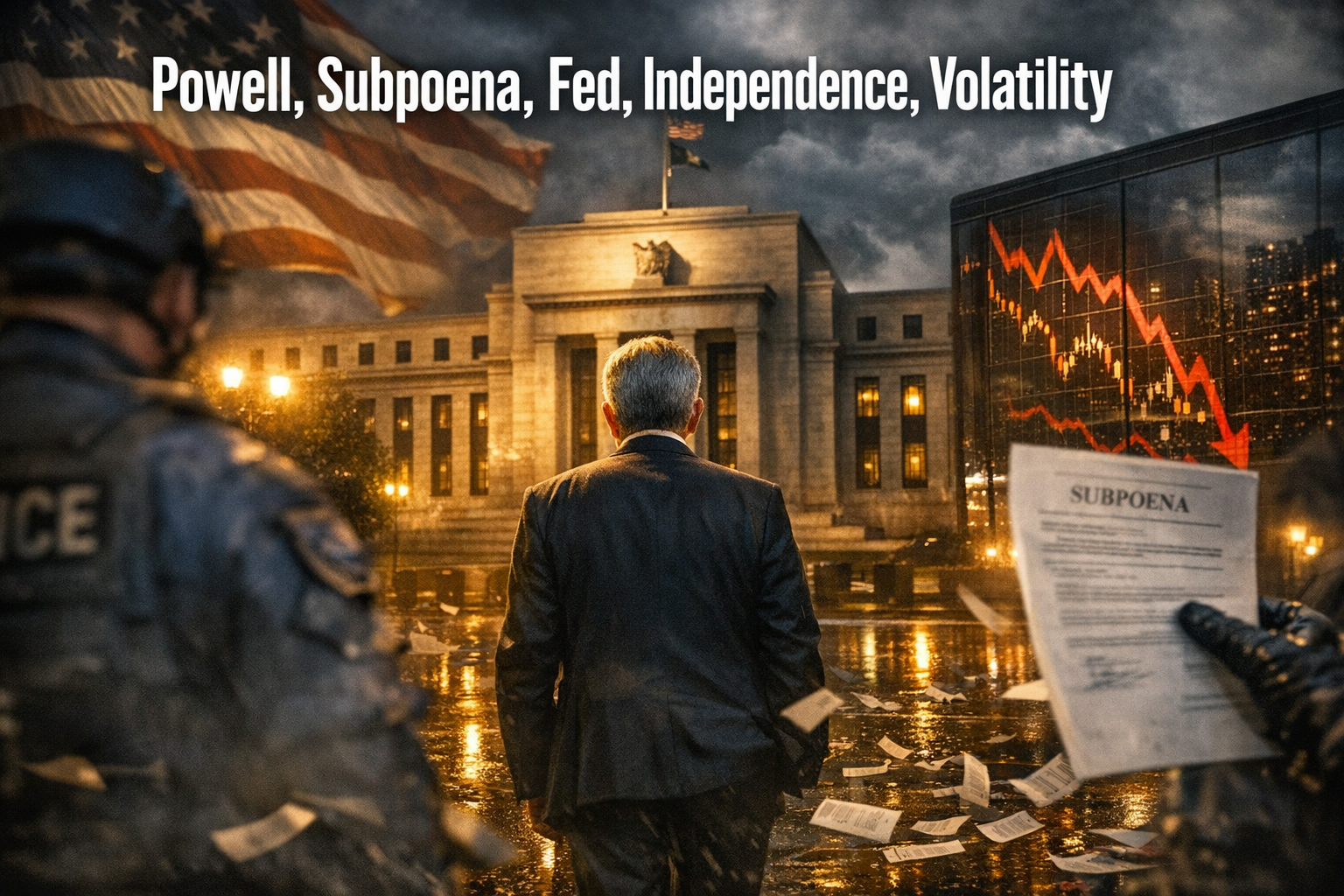The History of US Dollar Hegemony and Current Challenges
1. The Birth of US Dollar Hegemony
Following World War I, the United States emerged as a global manufacturing powerhouse. In particular, it gained strength in the defense industry, and the world’s gold concentrated in the United States.
In the 1944 Bretton Woods Agreement, the United States established the dollar as the world’s reserve currency through the gold standard, which fixed the value of gold at $35 per ounce.
The gold standard ended with the Nixon Shock in 1971, and the dollar transitioned into a fiat currency, losing its tie to gold. Since then, the dollar has maintained its hegemony based on military and economic power.
2. The Rise of BRICS and Efforts to Counter the Dollar
BRICS is an economic cooperation bloc formed around Brazil, Russia, India, China, and South Africa.
Key Changes:
- De-dollarization (fade out USD): BRICS countries are considering reducing the use of the dollar and are exploring the establishment of a new international payment system (CIPS), including a trade currency.
- BRICS Unit: A key discussion point is the potential introduction of a ‘trade-specific’ common currency. This may be comprised of a basket of 40% gold and 60% national currencies.
- Digital Currency: BRICS is seeking to reduce reliance on the SWIFT payment network through the development of CBDCs (Central Bank Digital Currencies) and payment apps.
3. Conflicts between the United States and BRICS
The United States is closely monitoring BRICS’ moves to challenge the dollar’s hegemony and has responded by issuing strong warnings and mentioning tariffs, as a form of containment.
A key variable is Bitcoin and cryptocurrencies. Bitcoin's role has been highlighted as BRICS progresses discussions on the experimental use of cryptocurrencies in international trade.
Russia has shown a proactive shift in stance by reauthorizing the mining and distribution of cryptocurrencies.
4. The Future of the Dollar and a New International Monetary System
The dollar’s status has been gradually weakening since the pandemic.
- According to IMF standards, the dollar’s share of global foreign exchange reserves has decreased from 70% 20 years ago to 55% recently.
- Groups such as BRICS are promoting the diversification and decentralization of reserve currencies, and the dollar’s monopolistic status is facing gradual challenges.
In particular, cryptocurrencies such as Bitcoin are resilient against inflation, and if BRICS launches a new currency based on gold or Bitcoin, dependence on the dollar could be further weakened.
5. Diversification of Global Reserve Currencies
Competition and alliances among new international payment networks are active.
- Major economic blocs, such as Europe, OPEC, and BRICS, are seeking independence from the existing US-centric system by creating their own digital currencies and new trade networks.
As data integration and operations become easier, global currency competition tailored to consumer preferences is expected to intensify rapidly.
< Summary >
The United States has been at the center of the global economy based on the dollar since the early 20th century, but many countries, including BRICS, are preparing to reduce their reliance on the dollar and to launch new digital payment systems and a common currency.
De-dollarization is a trend of the times, and it is highly likely that a more diverse reserve currency structure will be formed. The potential of Bitcoin and the development of digital currencies will be the key keywords in this change.
- Crafted by Billy Yang
- [Related Articles at Next-Korea.com]
*YouTube Source: [머니인사이드]
– “비트코인 뒤집어진다” 트럼프 취임하는 순간 전세계에 벌어지는 일 (홍익희 교수 1부)

Trump's Inauguration and US-China Tensions: Economic and Political Shifts
Why Trump's Inauguration is Drawing Attention
Trump's inauguration has significant implications across the economic and political spectrum. His strategies involve acting unpredictably, a style that aims to gain the upper hand in negotiations.
Call with Xi Jinping
Trump invited President Xi Jinping to his inauguration in December. However, Xi Jinping sent a vice president instead and exchanged pleasantries via phone call.
- Despite being a cordial call, sensitive issues such as trade, fentanyl, and TikTok were discussed.
- This signals that future US-China relations may not be smooth.
Important Hot Issues
The following key issues are garnering attention before and after the inauguration.
Fentanyl: US-China Responsibility Dispute
- In the US, fentanyl overdose deaths reached 109,000 last year, severely impacting the young workforce.
- Trump plans to impose sanctions on Mexico and Canada due to their connection to the fentanyl issue.
- A complex issue combining fentanyl crackdowns and trade restrictions.
TikTok Issue
- TikTok is embroiled in controversy due to concerns over personal data breaches and potential Chinese Communist Party influence.
- Trump is pressuring the sale of TikTok’s US operations, likely using it as a negotiating card.
- TikTok is seen as a crucial platform that can drive trends in US publicity and opinion shaping.
Nvidia's Actions
- In relation to AI semiconductor regulations, Nvidia CEO Jensen Huang chose not to attend the inauguration.
- This is interpreted as a protest against US regulations and a sign of tension with Trump.
- Through this, Jensen Huang is demonstrating confidence and independence.
China's Economic Growth Rate and Trump's Tariffs
- China declared a 5% growth rate for 2023, which appears to be a goal heavily influenced by the Party’s will.
- This goal may be difficult to achieve due to Trump's aggressive tariff policies.
- Domestic stimulus and interest rate cuts risk creating an asset bubble.
Trump’s First Steps After Inauguration
- Reports indicate plans to sign 255 executive orders on his first day.
- Increased crackdowns on undocumented immigrants are expected to change the labor market and impact the economy.
- Trump aims to deliver swift results within the first 100 days of his term.
< Summary >
US-China tensions are escalating before and after Trump's inauguration.
The US is pressuring China on multiple fronts, including the fentanyl crisis, TikTok privacy concerns, and AI semiconductor regulations.
This suggests the trade and economic relationship between the US and China will become more complex.
Trump’s tariff policies and enhanced crackdowns on undocumented immigrants are variables that could increase market volatility, and Nvidia CEO Jensen Huang's actions are also noteworthy.
All these elements increase the uncertainty at the beginning of the Trump administration, calling for a cautious approach from investors.
- Crafted by Billy Yang
- [Related Articles at Next-Korea.com]
*YouTube Source: [Jun’s economy lab]
– 트럼프와 시진핑 대화는 단순하지 않았습니다



